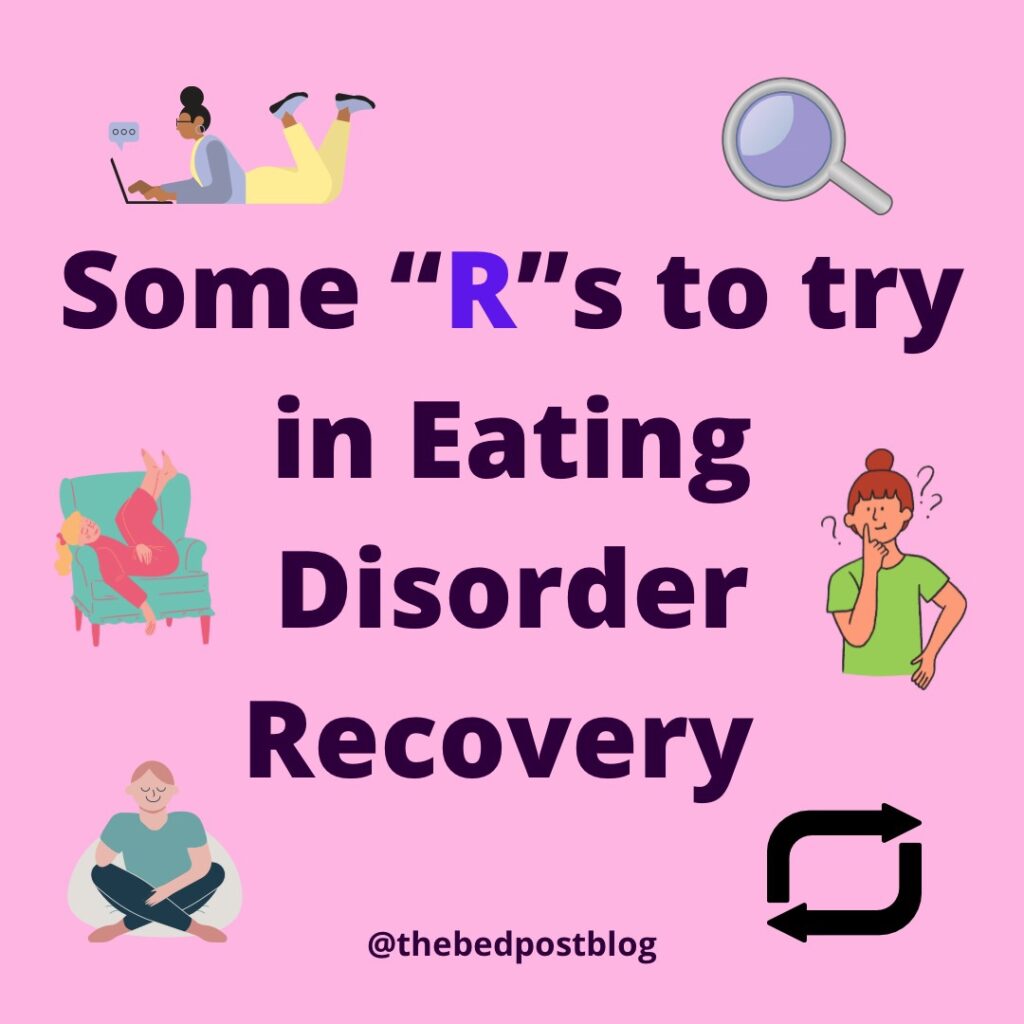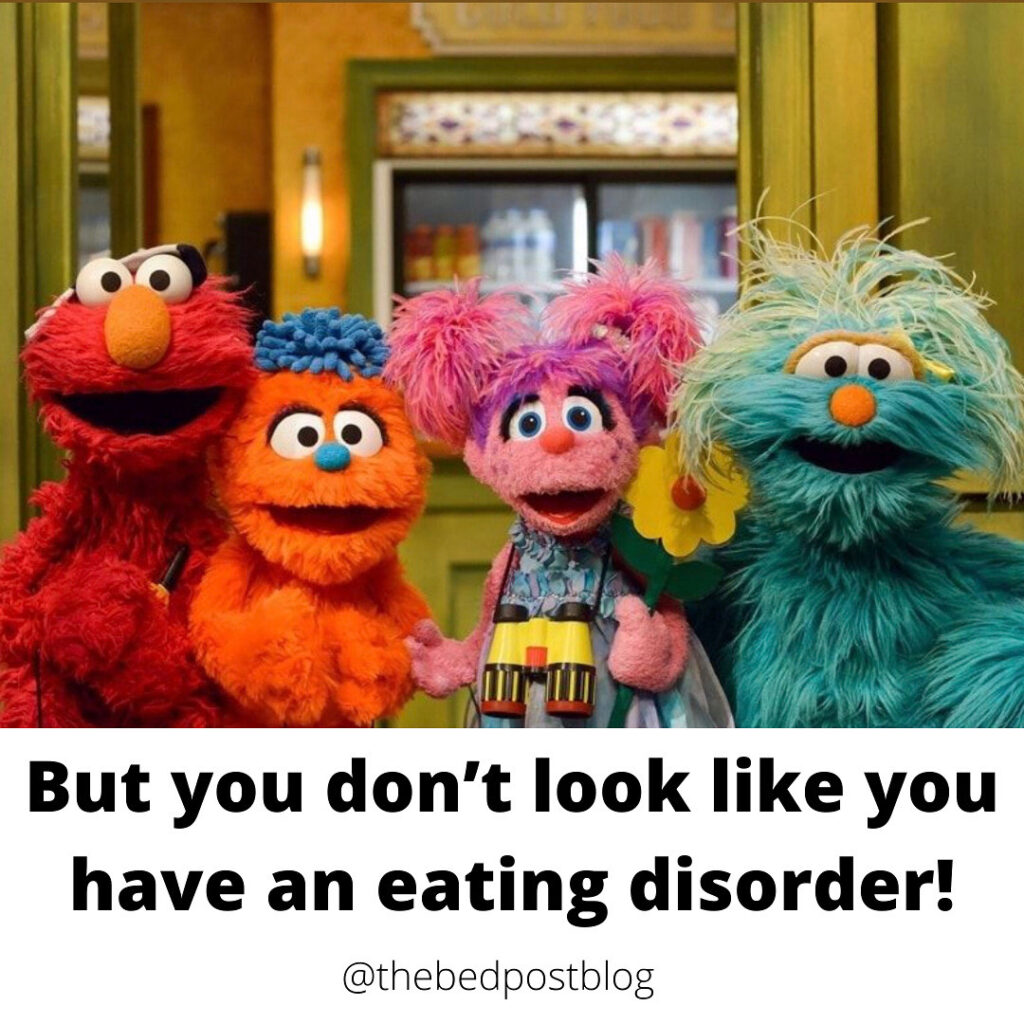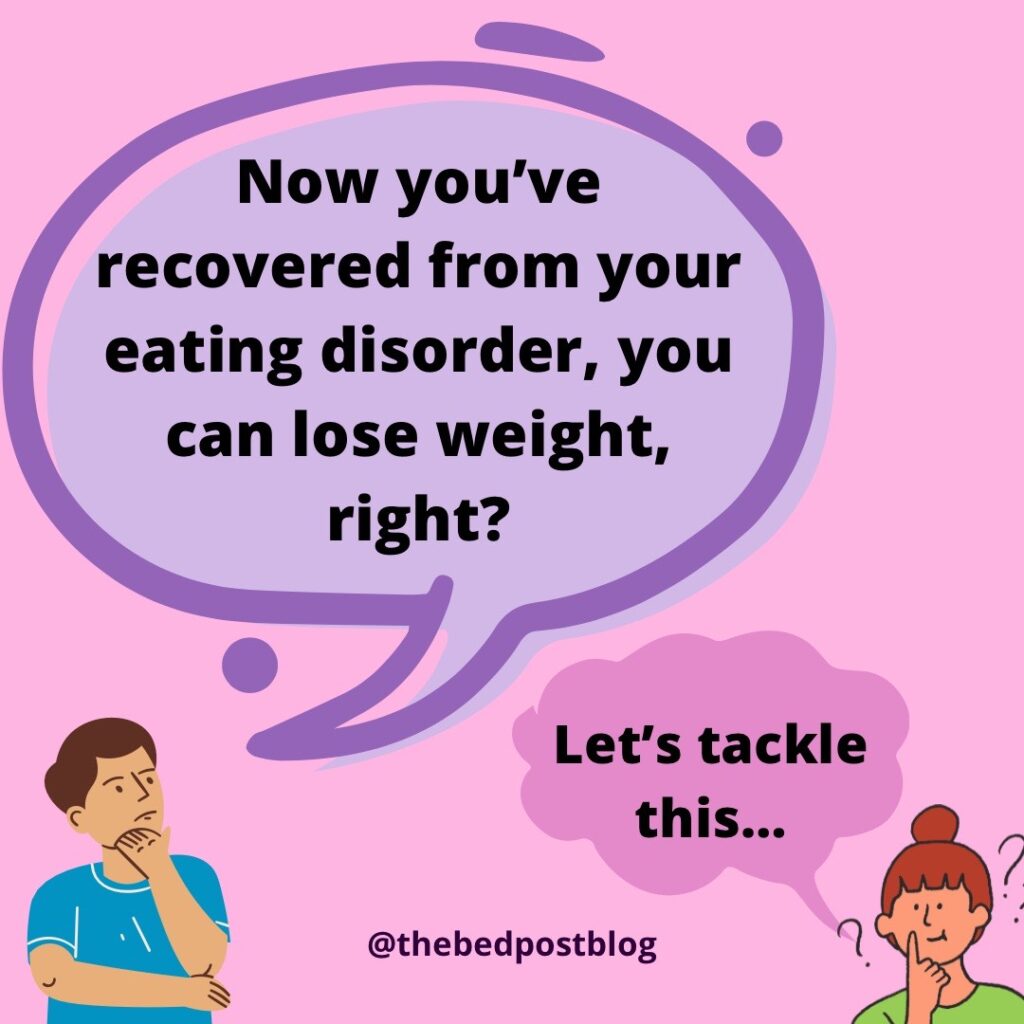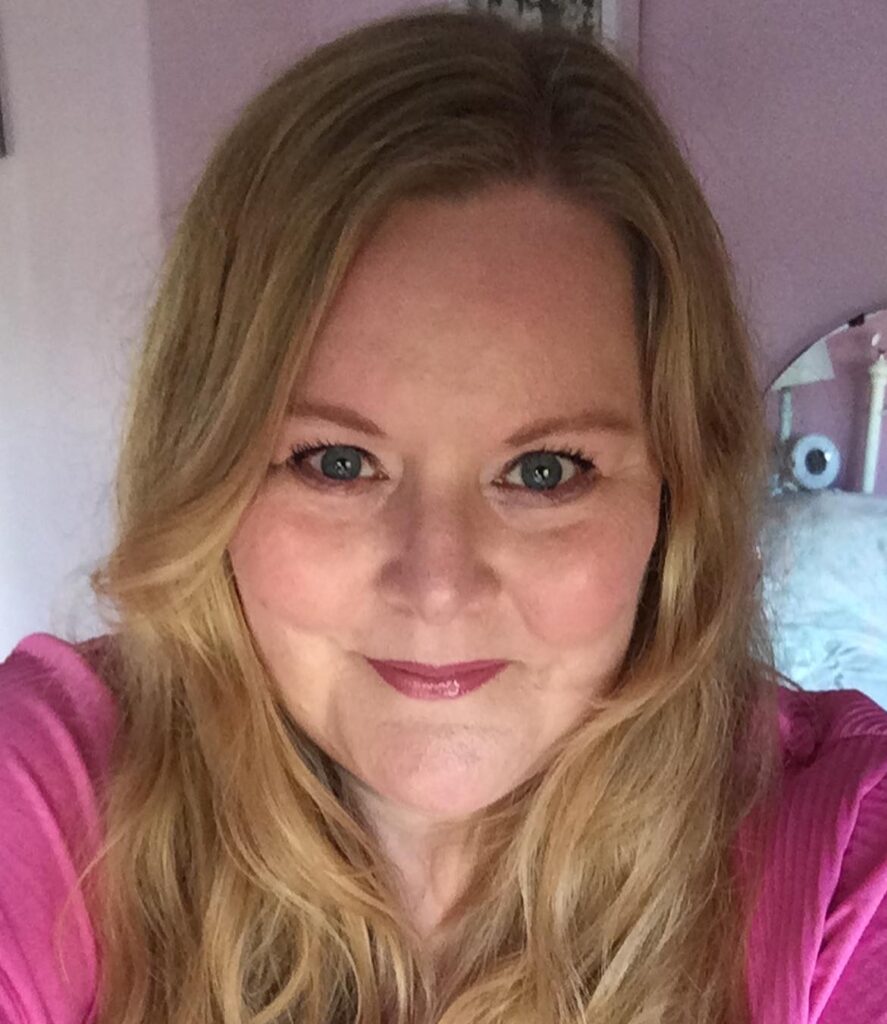-
Lies
Lies A short poem about a day in the life of an eating disorder for #worldpoetryday Content warning: eating disorder thoughts and behaviours.
-
Does restriction cause eating disorders?
There’s been a lot of debate about restriction causing eating disorders recently. Now I’m not a scientist. I’m someone in recovery from an ED. Someone with over 40 years of experience of eating disorder behaviours. Was my illness caused by restriction? It was a potential factor, but not the main cause. Did restriction keep me…
-
That time when I was fit and healthy
There’s a secret I’ve been keeping since my twenties. A particular time when my ED voice was at its loudest. It’s this time I go back to whenever I question whether having an ED was really so bad, or whether I was ever really ill at all. In this blog, I am sharing it for…
-
Battling the Black Dog
It’s back. It’s barking and growling and scratching at the door, trying to get in, and I’m trying so hard not to let it. But it’s exhausting. I’m so tired, constantly wanting to sleep. Yet some nights I lie awake. Not thinking or fretting or stressing, really. I just lie there with my eyes closed,…
-
COVID, anxiety, and floating
October 10th 2021. World Mental Health Day. I leave the house and go to a local event. Have a great time. Make plans to see friends again soon. The sun is shining and I’m feeling good about getting back to “normality”. One day later, October 11th. I go to my first face to face external…
The BED Post
The Binge Eating Disorder Recovery blog



